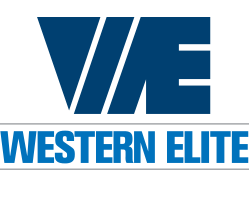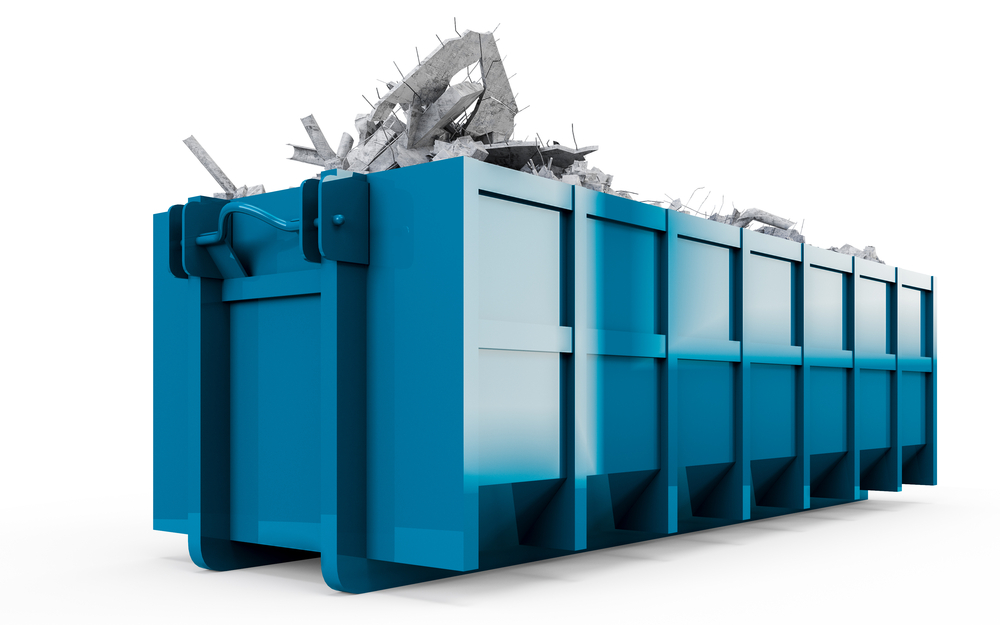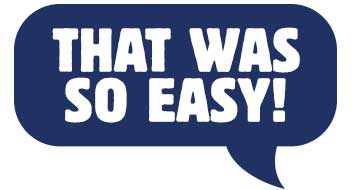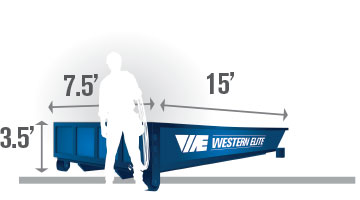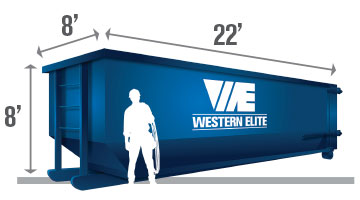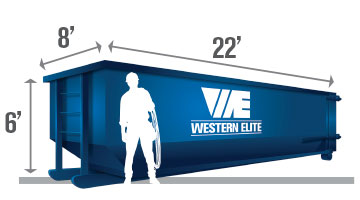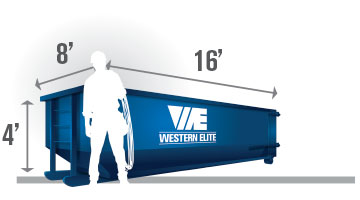It’s no secret that our landfills are overflowing with garbage. Recycling is more important today than it ever was in the past. If we want to preserve the earth for our children and future generations to come, we must do everything we can to keep it green. Recycling can help us in this effort.
But how do we know what to recycle? Are some things better than others? What about commercial businesses? Can they recycle too?
While there is a general list of items that are typically recyclable, we encourage you to reach out to your local recycling company. From time to time they may put stipulations on what and how things can be recycled. It’s always a good idea to be sure that you are abiding by their restrictions and requirements. Remember that when things go to a recycling center, there are very specific processes that each recyclable item goes through. There are very definitive reasons why recycling companies cannot take certain items. Be mindful and respectful of that.
That being said, here is a general list of recyclable items:
- Office Paper
- Newspaper
- Aluminum and Steel Cans
- Plastic Bottles
- Corrugated Cardboard
- Magazines & Catalogs
- Junk Mail
- Paper Board
- Paper Bags
- Consumer Cartons
Remember that aluminum and steel cans, plastic bottles, and consumer cartons must be washed and cleaned, before you recycle them. This is very important, as it will definitely disrupt the process if not properly prepared and cleaned. And they should be dry before you toss them in your bin or receptacle.
Cardboard boxes and paperboard can be recycled but should be broken down. They should be free of any grease, food particles, or substances. Remember that these are dry cardboard boxes that did not hold fresh food like pizza.
It goes without saying that none of the other items on the list should be wet. Again, this is very important.
Non-recyclable items include:
- Glass bottles or jars
- Clothing
- Food Waste or Wet Items
- Household Hazardous Waste
Food waste and wet items can be used in composting. That is the recycling process that works for those things, because of the moisture. They absolutely cannot be recycled otherwise.
When we talk about household hazardous waste, we’re referring to things like cleaners, aerosols, batteries, soaps, paint, etc. Styrofoam does not get recycled. Empty pizza boxes that have cheese stuck to them, as well as grease and potentially mold, do not get recycled. Yard waste can be recycled via compost, but it does not get recycled with paper goods or in this process. Chip bags, coffee cups, and light bulbs are among some of the other things that cannot be recycled. Anything holding fresh food that cannot get grease or food particles out should not be in your recycle bin.
Homeowners and consumers are not the only ones that can recycle. Companies and corporations can also participate. Because of the large volumes of materials companies go through, they have the opportunity to make an even bigger impact than individuals. Their process is referred to as waste recycling or construction recycling.
Consider a local grocer. They receive shipments of goods on pallets that are wrapped with layers of cardboard. In the back of each warehouse, you can find a compactor where they toss all cardboard. It’s then crushed down tightly and wrapped in a bundle to be recycled. Certainly, they’re not the only warehouse around. Many warehouses and grocery stores practice recycling and try to recycle paper products, plastic bottles, etc.
Because of the quantity of the items being recycled by many of these large corporations, they use waste container rental services or dumpster rental services. Each month the recyclables will collect, and then, a truck comes to pick up the items. Depending on how much they have, the waste service company may come more often. These waste container rentals are then lifted and dumped into the truck, just like the personal cans at a person’s home. It’s quite affordable to get these services going and the benefits far outweigh the cons, as these corporations can help the environment and be a leader in a greener environment.
Make a goal to contribute as little as possible to the Las Vegas landfill. Chances are you use many, if not all of these goods in your home. With a little bit of extra effort, you can become a more environmentally-responsible household. If everyone chooses to do just a little bit more, we can make leaps and bounds toward preserving the earth for future generations to come. Jump on board with waste recycling today.
